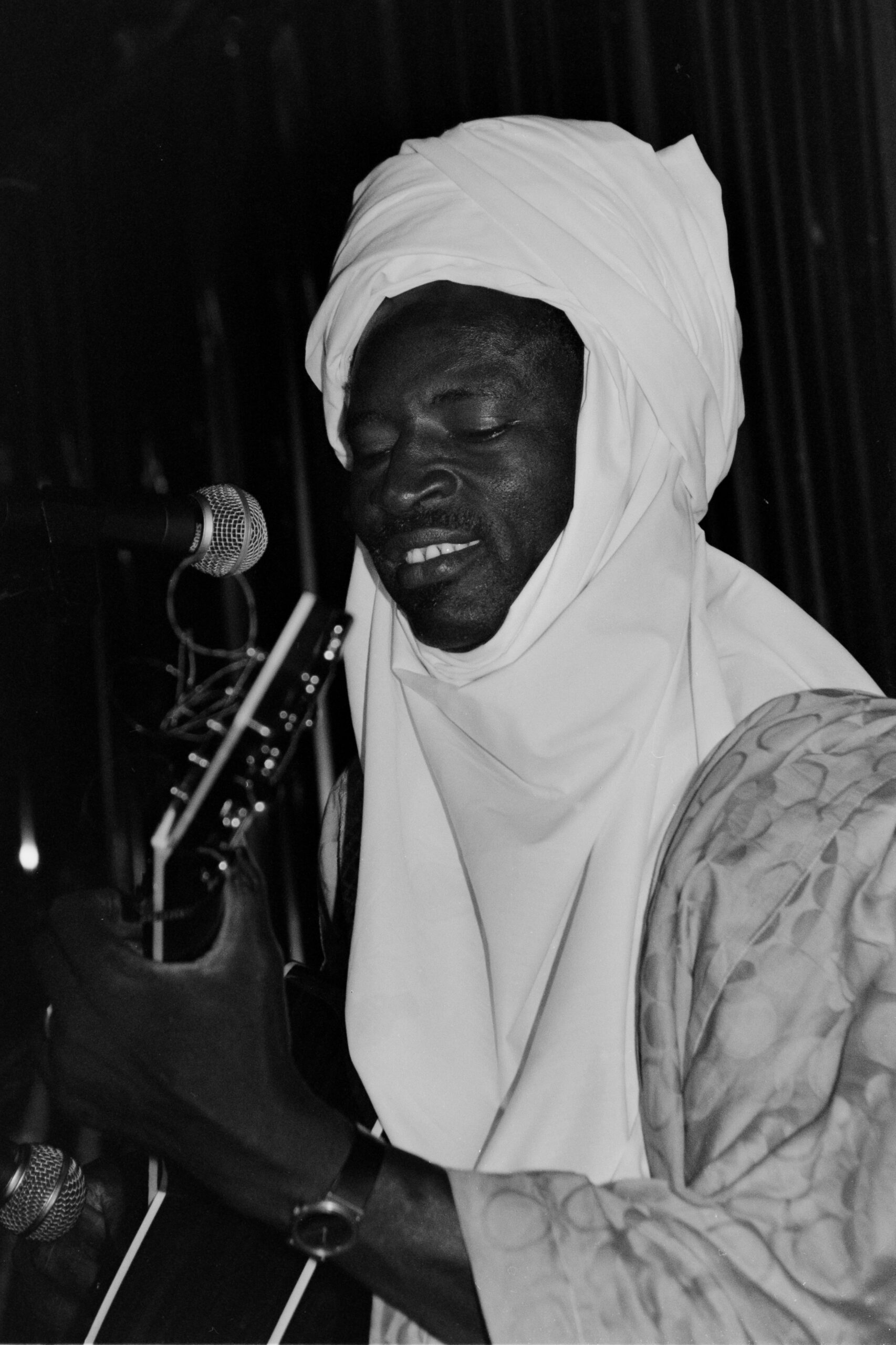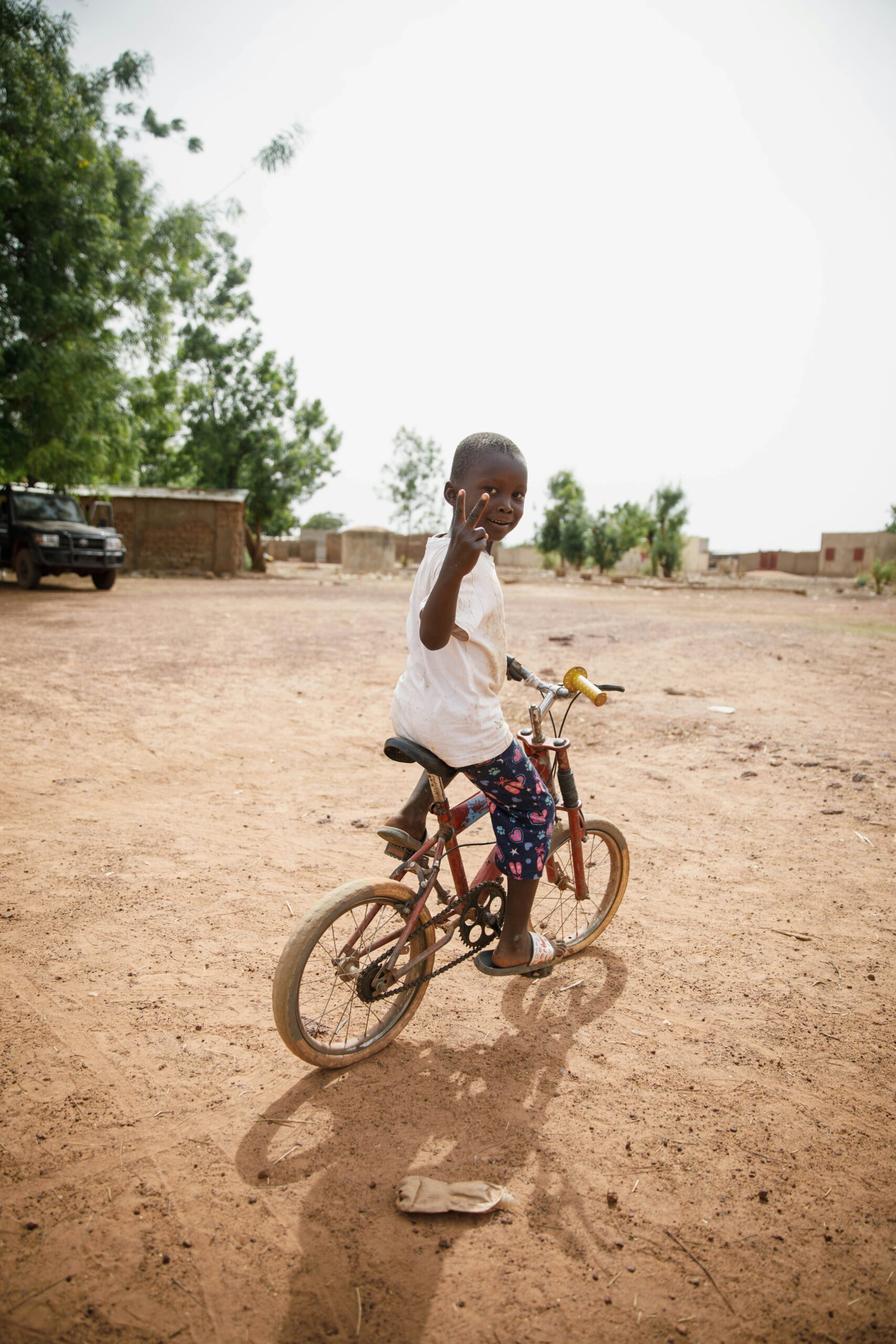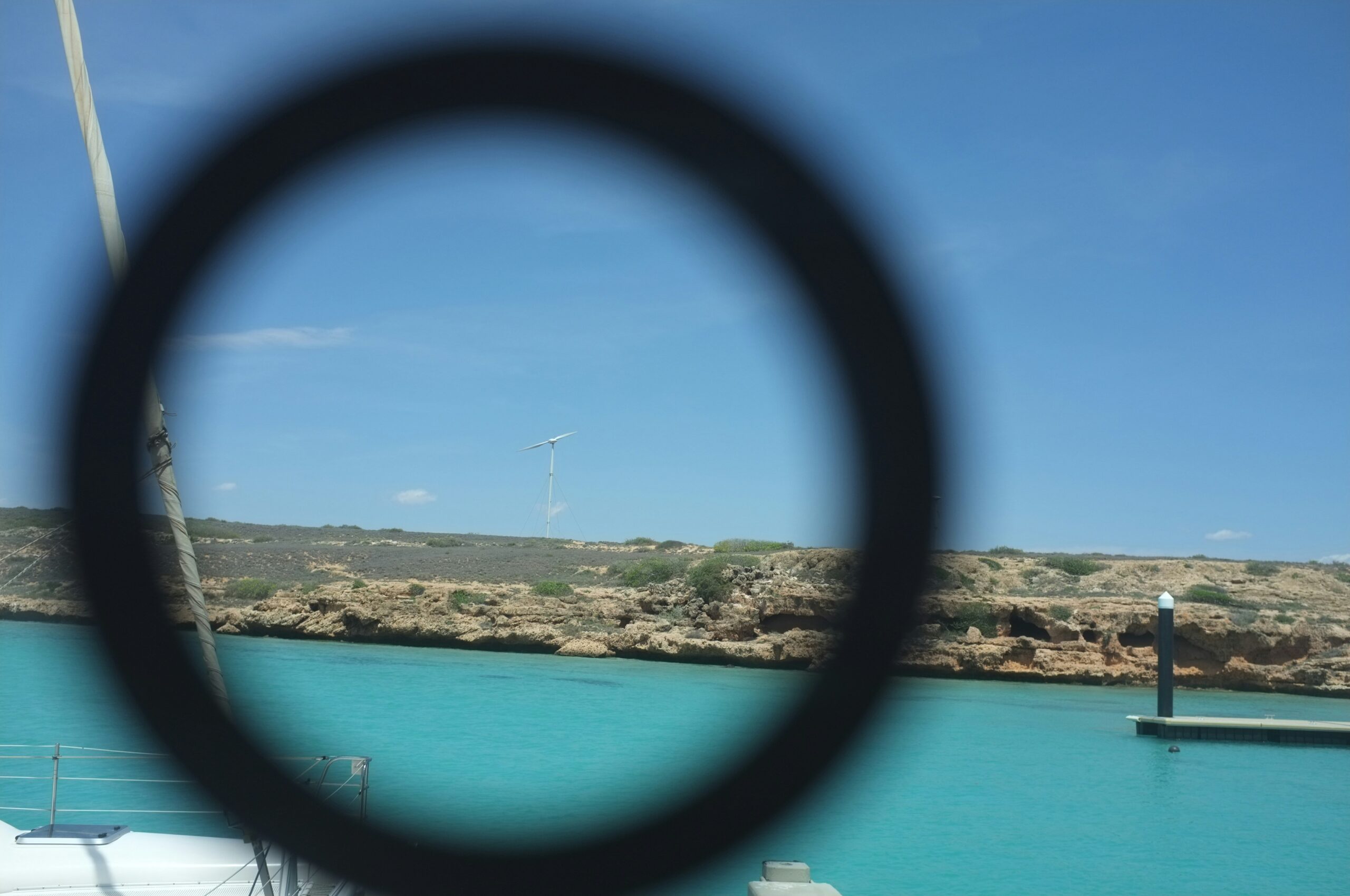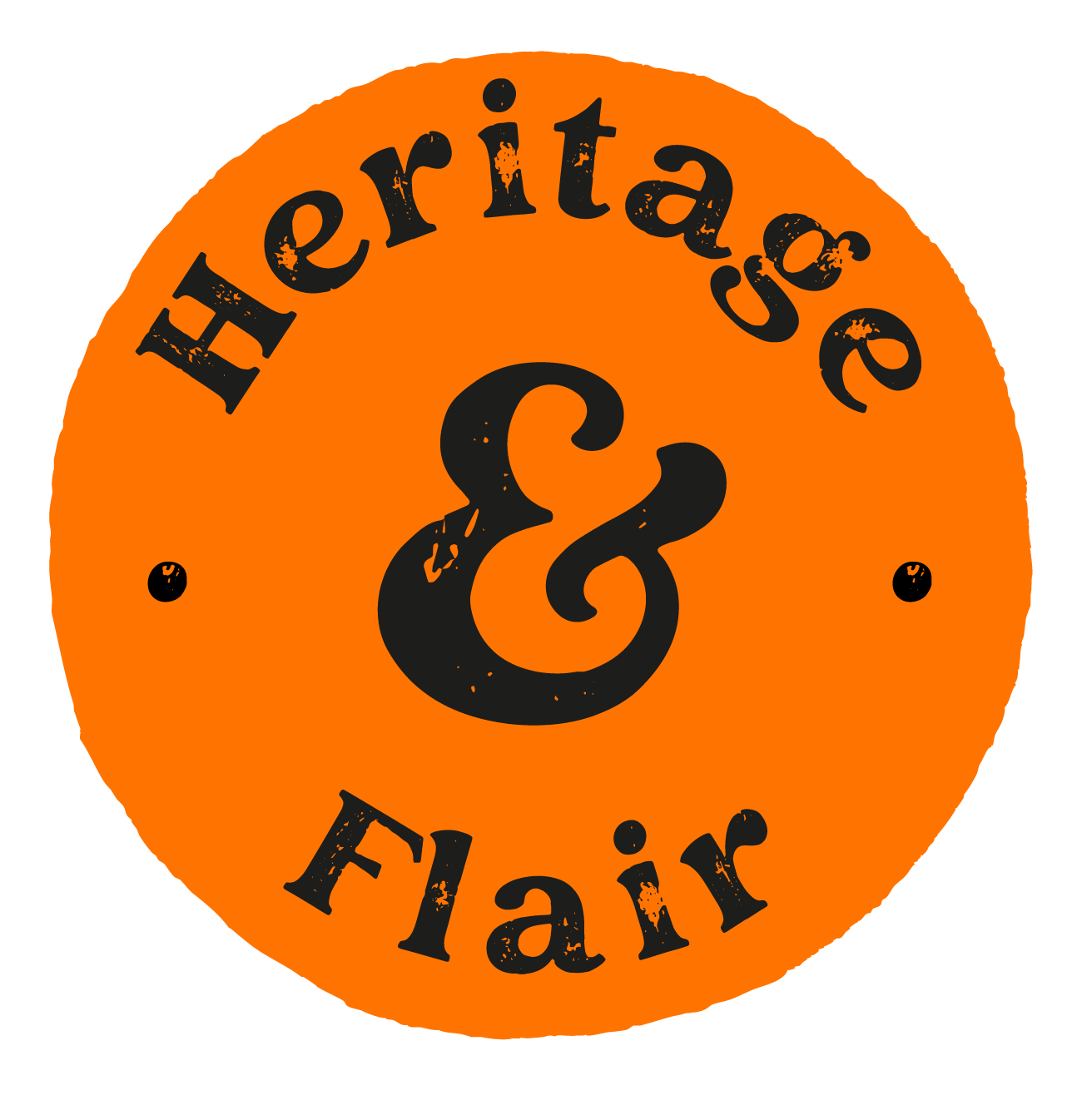
Photo by Steve Harvey
Mali
Mali is a landlocked country in West Africa, bordered by Algeria to the north, Niger to the east, Burkina Faso and Côte d’Ivoire to the south, Guinea to the southwest, and Senegal and Mauritania to the west. The Niger River runs through the country, providing a crucial source of water for agriculture, transportation, and fishing.
Mali’s terrain includes the Sahara Desert in the north, the Sahel region in the central part, and savannah in the south. Bamako is the capital and largest city, located on the Niger River and is the administrative and economic center of Mali, known for its vibrant markets, music scene, and cultural institutions. While Timbuktu is an ancient city with a rich history as a centre of trade and Islamic scholarship.
Mali has a population of approximately 20 million people and is ethnically diverse, with major groups including the Bambara, Fulani, Dogon, and Tuareg.
French is the official language of Mali, used in government, education, and media. Bambara is the most widely spoken language, serving as a lingua franca among different ethnic groups. Other languages include Fulfulde, Songhai, and Tamasheq.
Mali has a rich history that includes the powerful empires of Ghana, Mali, and Songhai. The Mali Empire, which reached its peak in the 14th century under Mansa Musa, was known for its wealth, extensive trade networks, and centres of learning.
Mali became a French colony in the late 19th century and gained independence on September 22, 1960. The country is a semi-presidential republic with a President serving as head of state and a Prime Minister as head of government. The country has experienced periods of political instability, including military coups and conflicts, particularly in the northern regions.
Mali’s economy is primarily based on agriculture, with cotton, millet, and rice being major crops. Livestock rearing and fishing are also important. It’s also rich in minerals, with gold being a significant export.
Islam is the predominant religion in Mali, practiced by around 90% of the population. There are also small communities of Christians and practitioners of traditional African religions.
Mali is known for its rich cultural heritage, particularly in music, dance, and oral traditions. The country has produced internationally renowned musicians such as Ali Farka Touré and Salif Keita. Traditional festivals, crafts, and storytelling play a vital role in Malian culture.
Malian cuisine includes staples such as millet, rice, sorghum, and maize, often served with sauces made from peanuts, tomatoes, or okra. Popular dishes include jollof rice, tô (a millet-based dish), and various grilled meats.
Mali is known for its traditional crafts, including textiles (such as bogolanfini or mud cloth), pottery, wood carvings, and jewelry. These crafts are often produced using age-old techniques and are important cultural expressions.
Hidden Insights: Uncovering Mali
1. Natural Landscapes: Mali boasts diverse natural landscapes, from the sand dunes and oases of the Sahara Desert to the rugged cliffs of the Bandiagara Escarpment, home to the Dogon people. The Niger River, with its fertile floodplains, is a lifeline for agriculture and fishing.
2. Dogon Country: The Dogon people are known for their unique cliffside villages, intricate wood carvings, and vibrant mask dances. The Bandiagara Escarpment, a UNESCO World Heritage site, is a major attraction for its cultural and natural significance.
3. Manuscripts of Timbuktu: The ancient manuscripts of Timbuktu are a treasure trove of knowledge, covering subjects such as astronomy, mathematics, and medicine. Efforts are being made to preserve and digitise these valuable texts.
4. Shea Butter Production: Mali is a significant producer of shea butter, which is used in cosmetics, cooking, and traditional medicine. The production of shea butter provides income for many women in rural areas.

Photo by Jordan Mcgee

Photo by Christian Jaberg
Capital City: Bamako
Population: 21,990,607
Nationality: Malian(s)
Location: Western Africa
Languages: Bambara (official), French 17.2%, Peuhl/Foulfoulbe/Fulani 9.4%, Dogon 7.2%, Maraka/Soninke 6.4%, Malinke 5.6%, Sonrhai/Djerma 5.6%, Minianka 4.3%, Tamacheq 3.5%, Senoufo 2.6%, Bobo 2.1%, other 6.3%, unspecified 0.7% (2009 est.) note: Mali has 13 national languages in addition to its official language
Religion: Protestant 46.4% (Revival Church 37%, other Protestant 9.4%), Roman Catholic 29.8%, other Christian 4%, Muslim 10.8%, traditional/animist 1.1%, other 0.9%, none 7% (2019-21 est.)
Area Total: 1,240,192 sq km
Mali Embassy/High Commission in UK
Address: n/a
Website: n/a
Correcting The Map: The True Size Of Africa
The Mercator Projection downplays the size of Global South continents as it makes the Global North look larger
Heritage: What shapes us?
When heritage is mentioned, our minds often leap to the spectacular and the visible: the grandeur of world heritage sites, the majesty of traditional attire, the vibrant swirl of dances and festivals, or the melodies of mother tongues. These are the showpieces of...
HER-itage: Africa’s Phenomenal Queens And Leaders
Honouring and celebrating the incredible contributions of women throughout African history. These remarkable women have shaped nations, led revolutions, and stood against oppression with unwavering resilience. These queens, warriors, and visionaries broke barriers,...
